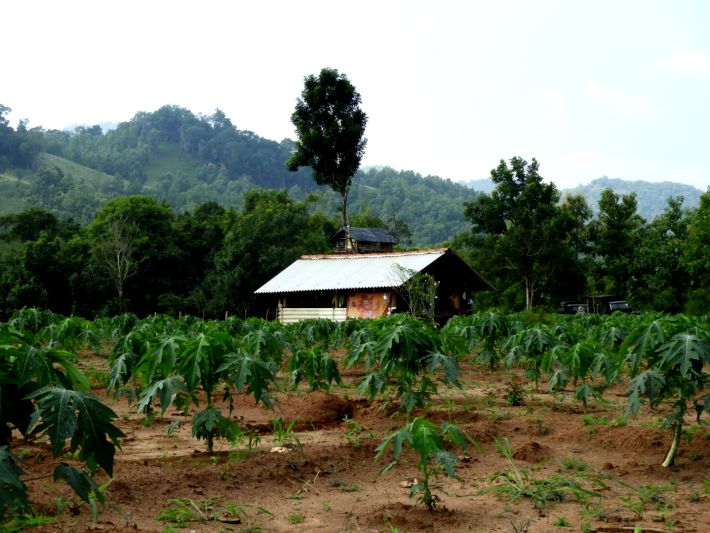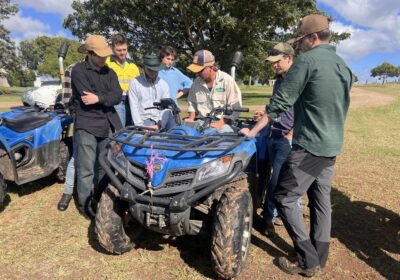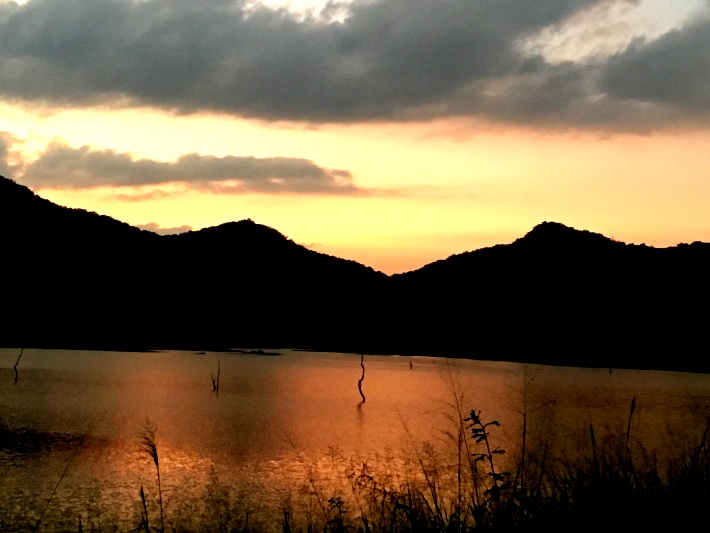 Protecting and saving elephants in Sri Lanka
Protecting and saving elephants in Sri Lanka
Julie Marshman recently spent 2 weeks volunteering on a fantastic project in Sri Lanka. Unlike many volunteer options in this stunning country, this is not a volunteer in Sri Lanka elephant orpahange project – it is all about keeping elephants in the wild where they belong. The aim of this projects is saving elephants in the wild and protecting them for future generations. It is a project that has captured the imaginations of many volunteers, and Julie tells us below why she fell in love with it.
To find out more about following in Julie’s footsteps and saving elephants, check out the elephant conservation in Sri Lanka web page.
“Elephants have fascinated me since I was a teenager. But being born on a small Island, south of the UK, left me with no option but to look for an opportunity to travel abroad, and to learn more about these amazing animals.
I searched the internet and found Oyster Worldwide. They offered individuals the opportunity to volunteer near the Wasgamuwa National Park, located amongst the most amazing scenery that I have seen.
What attracted me to this placement was the opportunity to work with experienced local staff, amongst a local village. It was great to work with like minded volunteers from around the world, observing elephants in their natural habitat, in the heart of Sri Lanka.
The journey to the Field House was a long but extremely beautiful one. The accommodation at the field house was basic and rustic on a same sex shared basis, surrounded by yet more amazing scenery. Three fresh meals were served daily which were prepared by Leela, who was just one of the amazing staff members, who made everyone feel welcome, during their stay at the Field house. Drinking Sri Lankan tea, whilst watching the sun rise, over the surrounding scenery was a sight I never got tired of.
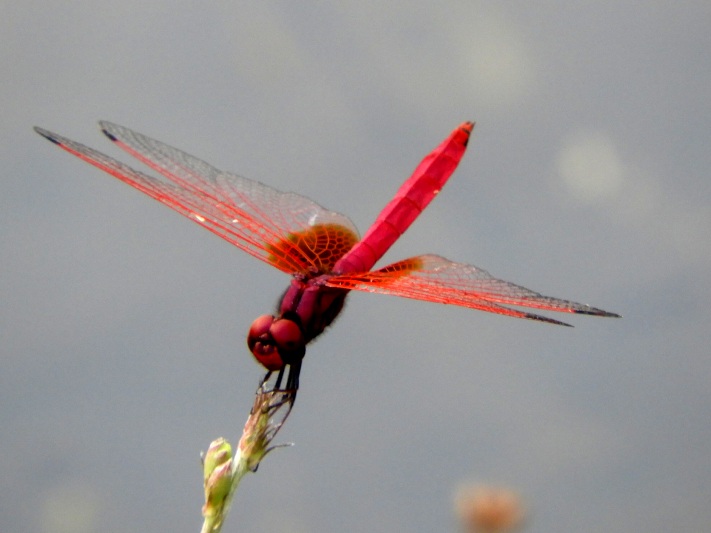 The volunteer work in the field was varied and interesting and consisted of:
The volunteer work in the field was varied and interesting and consisted of:
1. Sand traps: Checking and setting sand and camera traps to record animal activity in the nearby forests.
2. Fence Monitoring on nearby electric fences that have been erected to help prevent elephants from entering villages. We recorded elephant footprints and any posts that had been forced away from the fence.
3. Small Cat and Scat Survey: Recorded data of sightings of various River and Jungle cat prints on the banks of the nearby rivers.
4. Dung Transect: Analyzed the age and contents of the elephant dung to ascertain where the elephants were eating ie farmers’ land or natural habitat. We found one pellet contained 6 pieces of plastic carrier bags and another pellet contained an open safety pin. Whilst this was shocking it was also extremely informative .
5. Elephant Observation: Every week day at 3.45pm we would drive to the nearby water tank (irrigation reservoir) situated outside the National Park, looking for elephants, and observing and photographing them. This was a rewarding opportunity to observe elephants in the wild, in their natural habitat and witnessing their natural behavior. Definitely an experience I will never forget.
6. Inspecting and recording damage made by the elephants to farmers crops or their house, made us realize just how intense the Human/ Elephant conflict is.
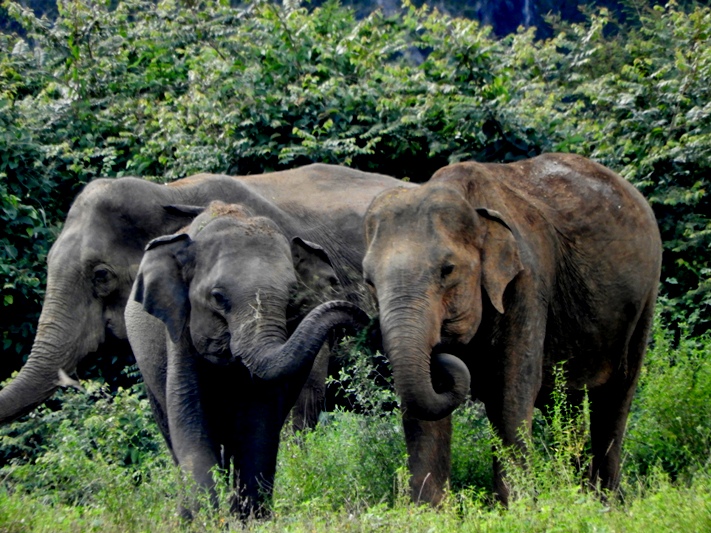 The most informative part of the project was a raw insight into the reality of the Human Elephant Conflict in the area. We visited a nearby farm, situated just by the border of the National Park. The farmers land was literally on the front line of elephants who were passing through the elephant corridor.
The most informative part of the project was a raw insight into the reality of the Human Elephant Conflict in the area. We visited a nearby farm, situated just by the border of the National Park. The farmers land was literally on the front line of elephants who were passing through the elephant corridor.
The project does an amazing job of supporting local farmers / villagers on suggesting ways to try to discourage the elephants. An example of this is advising farmers to plant orange trees and bee boxes around the farmers homes and fields. Unfortunately, the government does not always compensate farmers for any damage made by the elephants. This makes the project even more valuable on supporting the local communities.
The staff were always keen to share their knowledge and expertise to volunteers, which was invaluable. A huge thank you to all the staff who work tirelessly in finding a solution to the Human / Elephant conflict. Volunteers come and go but the staff at the Field House are there, ready to warmly welcome the next volunteer.
We are always looking for more fantastic, motivated and enthusiastic volunteers to join us on our projects. Check out our website www.oysterworldwide.com for more information.
